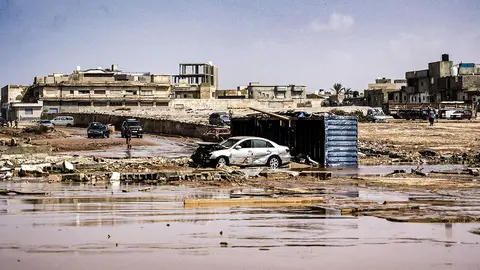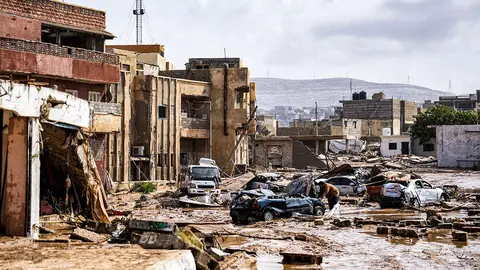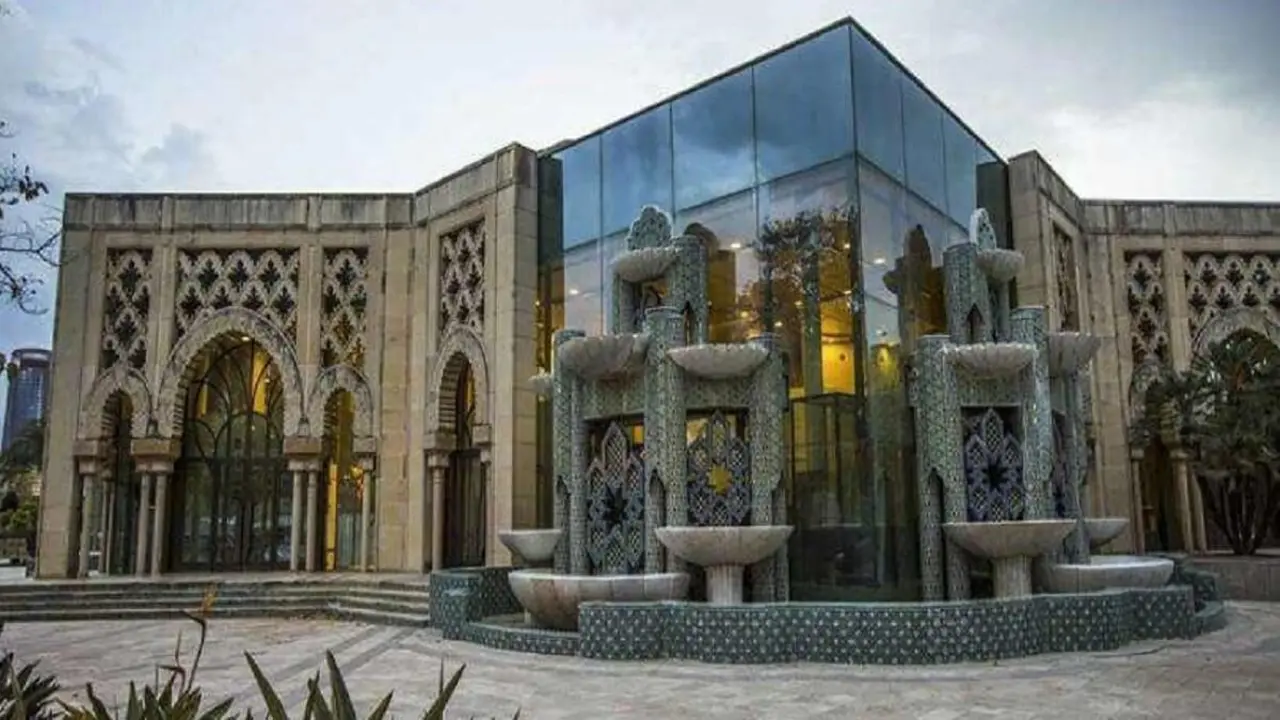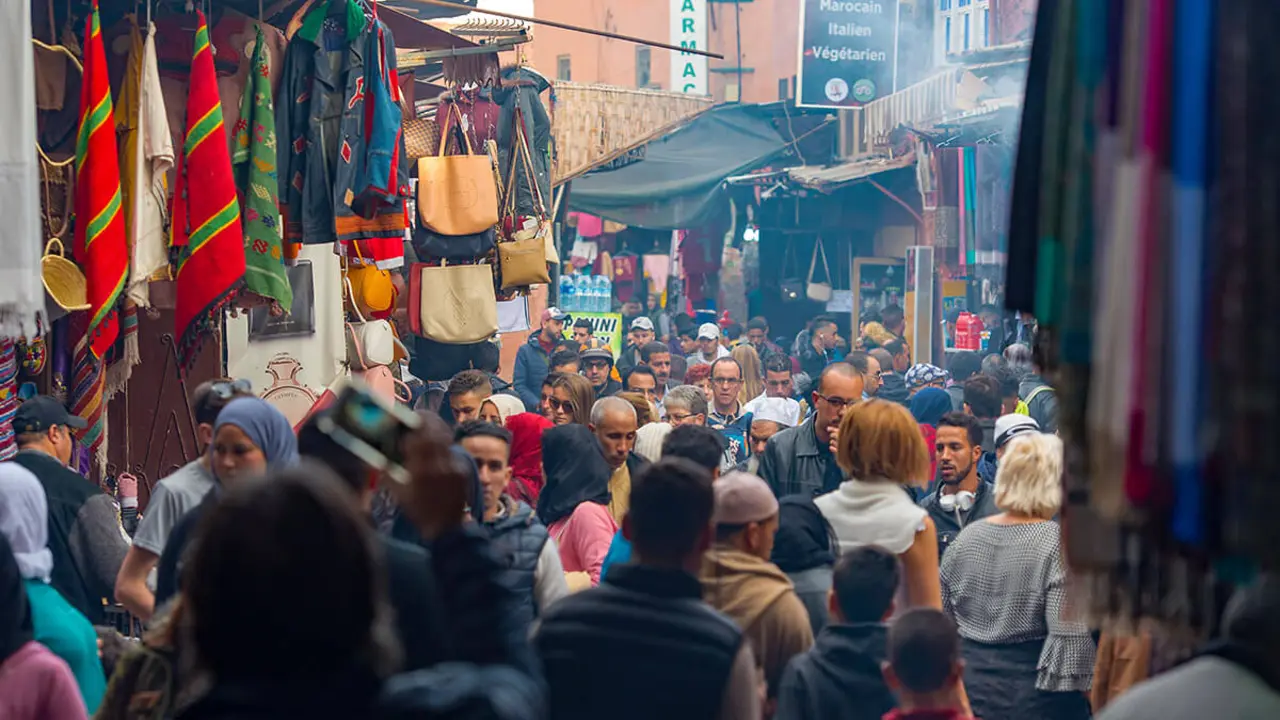Floods in Libya highlight country's vulnerability and division

Storm 'Daniel' has caused a desolate scene in Libya, especially in the city of Derna, where it is estimated that nearly 6,000 people have died as a result of the floods. In addition to the dead, 10,000 are missing after several dams collapsed and flooded entire neighbourhoods in the eastern city.
However, the number of dead and missing is likely to be much higher, according to the International Federation of Red Cross and Red Crescent Societies' envoy to Libya, Tamer Ramadan, who also said more than 40,000 have been displaced by the disaster.
During a briefing with the United Nations, Ramadan said the situation in Libya is "as devastating as the situation in Morocco," referring to last Friday night's 6.8 magnitude earthquake that killed nearly 3,000 people.
This severe storm has highlighted Libya's weakness in dealing with challenges. This vulnerability is partly due to the ongoing national division between the two rival governments and past conflicts, which have led to a complete neglect of infrastructure. Evidence of this has been, for example, the destruction of the two dams outside Derna.
Drone footage from Derna, Libya. So much destruction, so many deaths, and so many tears.
— Jenan Moussa (@jenanmoussa) September 13, 2023
This place needs massive help. Not tomorrow, but now. @akhbar pic.twitter.com/lGRFGvQjq0
In addition to the state of the infrastructure, the inaction of the authorities before and after the storm has been highlighted. Libya's National Meteorological Centre issued an "extreme" weather warning 72 hours before it occurred, urging the authorities to take "preventive measures" through emails and the media. However, according to the authorities, "the tragedy is beyond the capacity of Derna and the government", as Othman Abduljaleel, the health minister of the country's eastern executive, admitted to the AP. On the other hand, a day after the tragedy in Derna, additional excavators and equipment for the rescue work had still not arrived.
Libyan officials say the death toll from devastating floods in Libya’s eastern city of Derna has risen to an estimated 6,000 people. The numbers may raise dramatically as 10,000 more people are missing. 30, 000 people are displaces so far. pic.twitter.com/yAisc0mfWb
— Soran Khateri (@sorankhateri) September 13, 2023
As Jalel Harchaoui, a member of the Royal United Services Institute for Defence and Security Studies specialising in Libya, denounces, the local authorities have neglected Derna for years. In this regard, the analyst reminds AP that the city was controlled by jihadists for several years until its liberation in 2019 by the Libyan National Army, led by Khalifa Haftar. Since then, the eastern government has been suspicious of the city and has sought to remove its residents from any decision-making. "This distrust could prove disastrous in the coming post-disaster period," he warns.
Here’s the first post-event high-resolution satellite image of the port city of Derna.
— Nahel Belgherze (@WxNB_) September 12, 2023
Libya's 9/11. pic.twitter.com/HirE59i1Bn
Tragedy brings the two governments closer together
In addition to the eastern government in Benghazi, there is the western executive in the capital, Tripoli, led by Abdul Hamid Dbeiba. Each is supported by foreign powers. For example, the Benghazi government is backed by Egypt, Russia, Jordan and the United Arab Emirates, while the western administration is supported by Turkey, Qatar and Italy.
🇱🇾💧 Before and After the Flood in Derna, Eastern #Libya https://t.co/W8SMq4Egeu pic.twitter.com/VoDYg8fdy0
— Prof. Michael Tanchum (@michaeltanchum) September 13, 2023
Despite this sharp division, the devastating storm has led to some rapprochement between the two executives. The Tripoli government sent a plane carrying 14 tonnes of medical aid and several teams of medics to Benghazi. Humanitarian aid and rescue teams from Egypt, Turkey and the UAE have also arrived in the eastern capital. Germany, France and Italy have also announced the dispatch of rescue and relief workers. The US is sending emergency funds to aid organisations and coordinating with the Libyan authorities and the UN to send additional support.










